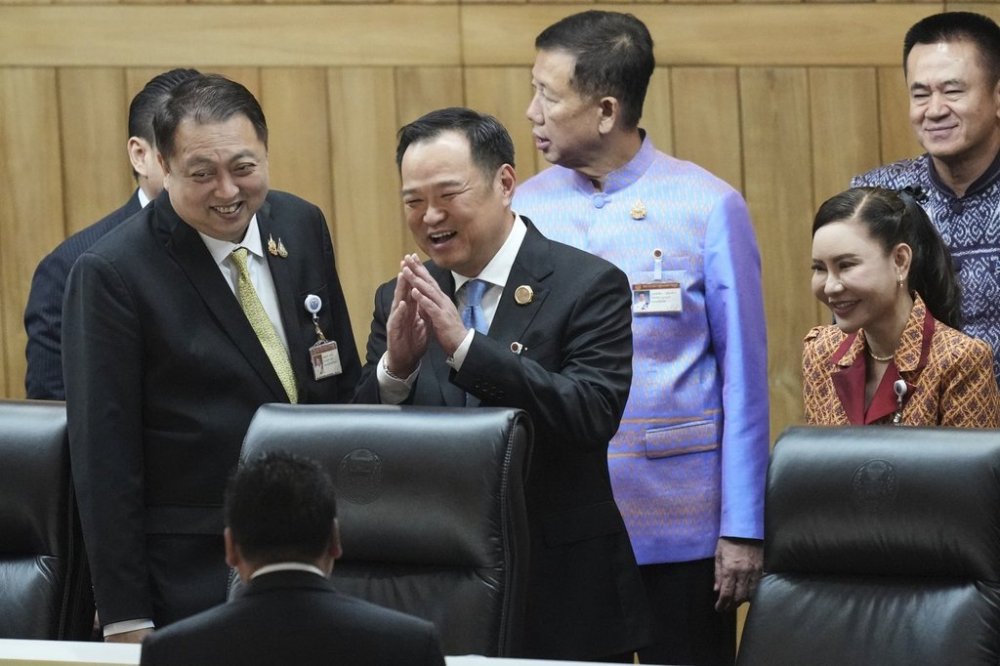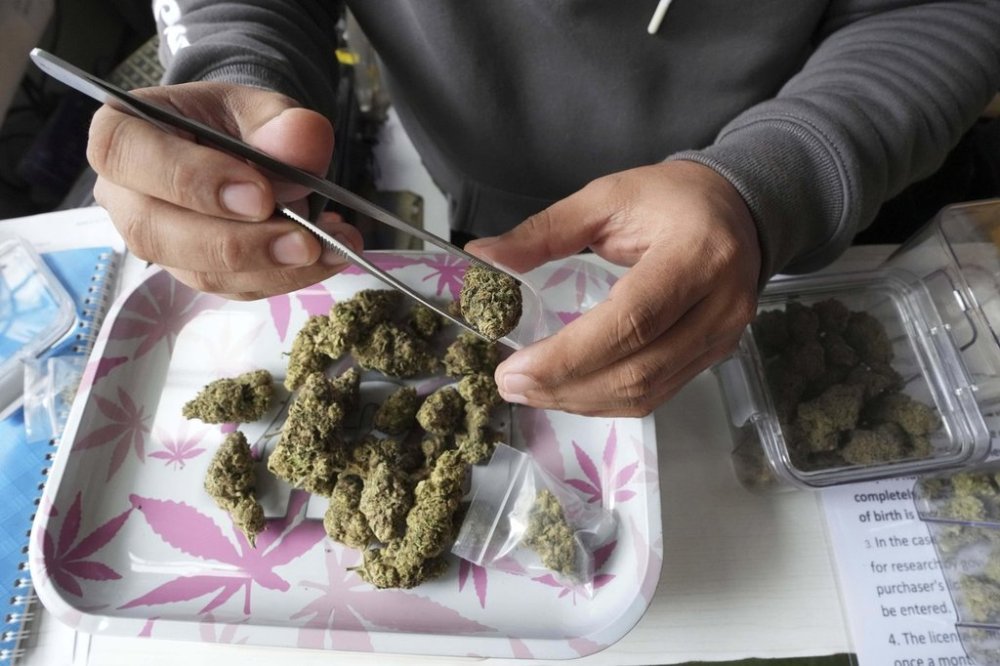A look at where Thailand’s cannabis laws stand
Advertisement
Read this article for free:
or
Already have an account? Log in here »
To continue reading, please subscribe:
Monthly Digital Subscription
$1 per week for 24 weeks*
- Enjoy unlimited reading on winnipegfreepress.com
- Read the E-Edition, our digital replica newspaper
- Access News Break, our award-winning app
- Play interactive puzzles
*Billed as $4.00 plus GST every four weeks. After 24 weeks, price increases to the regular rate of $19.00 plus GST every four weeks. Offer available to new and qualified returning subscribers only. Cancel any time.
Monthly Digital Subscription
$4.75/week*
- Enjoy unlimited reading on winnipegfreepress.com
- Read the E-Edition, our digital replica newspaper
- Access News Break, our award-winning app
- Play interactive puzzles
*Billed as $19 plus GST every four weeks. Cancel any time.
To continue reading, please subscribe:
Add Winnipeg Free Press access to your Brandon Sun subscription for only
$1 for the first 4 weeks*
*$1 will be added to your next bill. After your 4 weeks access is complete your rate will increase by $0.00 a X percent off the regular rate.
Read unlimited articles for free today:
or
Already have an account? Log in here »
BANGKOK (AP) — Thailand became the first Asian country to decriminalize cannabis in 2022. The policy has faced backlash, and seen a lot of changes, since being enacted.
It is now more strictly regulated for medical purposes, but its future is unclear.
Cannabis decriminalized

An amendment to the Narcotics Law in 2022 dropped cannabis from the list of controlled drugs. The effort was led by then-Health Minister Anutin Charnvirakul, head of the Bhumjaithai Party, which made legal cannabis a major part of its campaign platform in the 2019 general election. The party’s stronghold is in the poor northeastern region, where it promised farmers that cannabis would be a new cash crop.
Thailand’s cannabis industry grew at lightning speed, with thousands of weed dispensaries opening all over the country. It also drew a wave of tourists, especially from within the region, where many countries still impose tough laws on cannabis offenses.
Anutin won a vote in Parliament on Friday to be Thailand’s next prime minister.
Government pledged to make cannabis illegal
Public backlash quickly followed decriminalization, with allegations that the market was underregulated. Thai media was filled with reports of growing addiction and other drug-related problems, including among young people who were not supposed to have access to the drug.
The government led by the Pheu Thai Party, which took power a year after decriminalization, had pledged to make cannabis illegal again, but for years moved slowly on its promises as it faced strong resistance from Bhumjaithai, which then was one of its main coalition partners. Pheu Thai’s moves were also criticized by advocates and entrepreneurs as confusing and politically motivated.

Where things currently stand
Pheu Thai finally moved to tighten regulations on the use of cannabis in June. The new order bans shops from selling cannabis to customers without a prescription and reclassifies cannabis buds as a controlled herb. Sellers that violate the order could face a maximum one-year jail term and a fine of 20,000 baht ($614).
The Department of Thai Traditional and Alternative Medicine, which is in charge of enforcing regulations on cannabis, said in September that a dispensary can sell a limited amount of cannabis for personal use to patients who have a prescription for one of five conditions: insomnia, chronic pain, migraines, Parkinson’s disease and loss of appetite.

